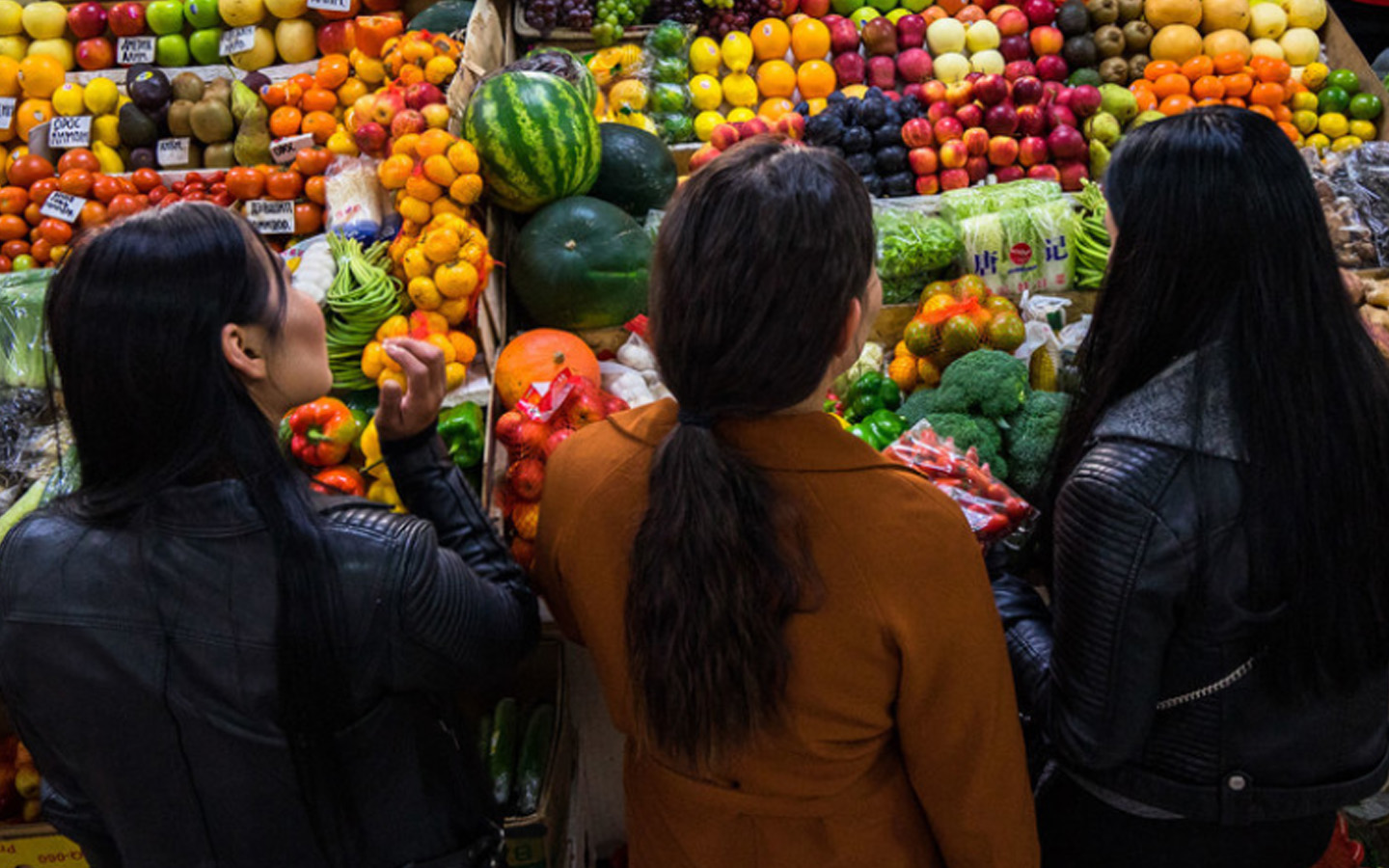Helping Vulnerable People Face Economic Headwinds
With cofinancing from partners, a countercyclical support facility boosts the Mongolian government’s measures to help poor and vulnerable groups deal with external shocks to the economy that resulted in rising fuel and food prices. The financing support provides fiscal space to continue with critical economic structural reforms in the medium term.
Growth Interrupted
The world is seeing what is hopefully the tail-end of the COVID-19 pandemic, unprecedented in this day and age. Developing countries in the region, such as Mongolia, are finding recovery and growth challenging.
Mongolia’s economy before the COVID-19 pandemic had been generally sound. Gross domestic product grew at an annual average rate of 6.3% from 2017 to 2019 before contracting by 4.6% in 2020 with the onset of the COVID-19 pandemic, and recovering weakly to 1.4% in 2021.
In early February of 2022, Mongolia lifted domestic COVID-19-related restrictions, underpinned by a successful vaccination campaign. However, any resulting boost was short-lived due to the Russian invasion of Ukraine. This placed substantial downward pressure on Mongolia’s trade with the Russian Federation (which accounts for 29% of Mongolia’s imports, including 97% of oil imports) and Europe (13% of imports). In addition, the border restrictions with the People’s Republic of China (82.7% of Mongolia’s exports and 37% of imports) continued to cause trade disruptions.
Mongolia is under pressure from external shocks resulting in rising prices of basic goods, hitting the country’s population hard.
The combination of these shocks has severely impacted economic growth, with the previously forecast 6% growth for 2022 downgraded in mid-2022 to a much more sobering 0.6%.
These external shocks spawned another problem: inflation. Rising food and fuel prices are eroding purchasing power and increasing poverty. Inflation reached 16.1% in June 2022. Rising prices are particularly challenging for the 27.8% of people who live below the poverty line and spend an average of 43% of their total income on food.
Low growth and high inflation hit poor and vulnerable groups hard. For example, women’s labor force participation fell to 49.9% in 2021, 3.5% down from the pre-pandemic (2019) level of 53.4%. This decline resulted from job losses caused by the COVID-19 pandemic and increased unpaid care responsibilities because of school closures.
Women are significantly affected as they are highly concentrated in lower-wage sectors, which are among the sectors most adversely affected by the pandemic because of mobility restrictions.
Partnership Support
Before 2022, Mongolia was on the road to recovery, with strong growth in the first half of 2021 and a positive credit rating assessment in mid-2022. An effective policy response will help cushion the adverse impacts of these shocks.
As a response to the external shocks, the Government of Mongolia has prepared a countercyclical development expenditure program to help poor and vulnerable groups, including women and girls, cushion the effects of inflation and support macroeconomic stabilization. A loan from ADB, the Mongolia: Weathering Exogenous Shocks Program, with cofinancing from the Asian Infrastructure Investment Bank, supports government measures to help Mongolia weather low growth and high inflation driven by external economic factors.
Mongolia receives support from financing partner, Asian Infrastructure Investment Bank, as the country lays down measures designed to help weather economic shocks.
“This ADB loan will help Mongolia stabilize their economy,” said ADB financial sector specialist for East Asia Peter Rosenkranz. “ADB and partners’ support will directly help poor and vulnerable people while giving Mongolia fiscal space to continue with critical economic structural reforms over the medium term.”
Protecting Vulnerable People from Inflation
The program supports government measures to help strengthen resilience among Mongolia’s population. As an immediate output, the program is supporting measures to increase direct cash transfers to households temporarily. This will provide social protection support to vulnerable families, especially women and girls, aimed at reaching 480,000 vulnerable households through this measure.
To protect vulnerable groups, including women and girls, measures to increase the salaries of lowest-earning public employees by an average of 8.5% and to create more childcare and learning facilities have been introduced. The aim is to reach at least 423,000 vulnerable people through these measures.
Lastly, measures to counteract the effects of inflation on the population and safeguard food security will be implemented. For example, the measures aim to support at least 1,500 agriculture micro, small, and medium-sized enterprises through concessional loans.
Project Details
Mongolia: Weathering Exogenous Shocks Program
Cost
$200 million
- ADB Resources $100 million
Cofinancing Partner
- Asian Infrastructure Investment Bank (Loan) $100 million
Dates
Approval Date 25 August 2022
Signing Date 26 August 2022
Completion Date 30 June 2023



